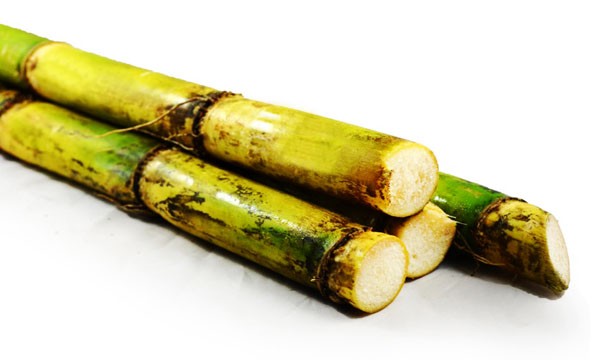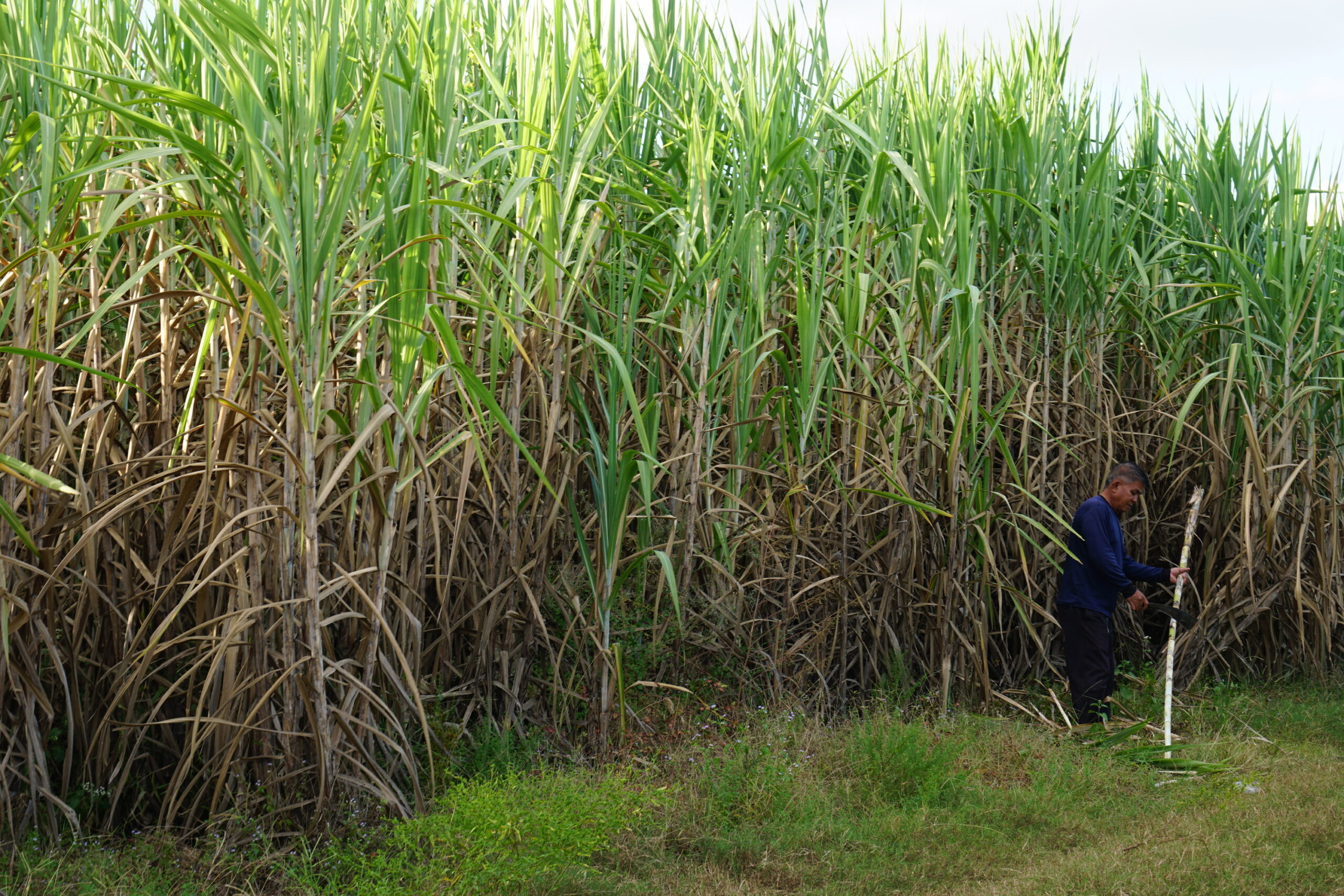The Environmental Impact of Growing Sugar and Cane in Various Regions
The Environmental Impact of Growing Sugar and Cane in Various Regions
Blog Article
Why Walking Cane Sugar Handling Chemicals Are Vital for Modern Sugar Refining
The duty of cane sugar handling chemicals in modern sugar refining can not be overemphasized, as they are indispensable to boosting both the efficiency of extraction and the general top quality of the last product. Agents such as phosphoric acid and specific flocculants are employed to remove pollutants, resulting in sugar that not only fulfills consumer expectations yet likewise sticks to industry requirements.
Duty of Processing Chemicals
The efficiency of walking cane sugar processing pivots dramatically on the critical application of handling chemicals. These chemicals play a crucial duty in boosting the performance and quality of sugar removal and refining. From the initial stages of juice removal to the final filtration steps, processing chemicals facilitate different critical operations.
In the removal phase, chemicals such as phosphoric acid and calcium hydroxide are utilized to maximize the information process, aiding to remove impurities and suspended solids from the cane juice. This not just enhances the yield but likewise makes sure the quality of the end product. In addition, representatives like flocculants help in the fast settling of impurities, consequently improving the general procedure.
As the handling advancements, chemicals are utilized in decolorization and formation stages. Turned on carbon and ion exchange resins offer to eliminate color and smell, guaranteeing that the polished sugar meets customer quality criteria. Ultimately, the function of handling chemicals prolongs past operational effectiveness; they considerably influence the sensory characteristics of the last product, adding to market competition. Thus, the careful selection and application of these chemicals are important for attaining optimal results in cane sugar processing.
Trick Kinds Of Chemicals
Cane sugar processing depends on a range of crucial chemicals that promote each phase of manufacturing. These chemicals play important functions in clearing up, whitening, and detoxifying the sugar removed from walking cane.
One key category of chemicals includes flocculants, such as polyacrylamide, which aid in the clarification process by promoting the aggregation and settling of impurities. Additionally, calcium hydroxide is frequently utilized to reduce the effects of acidity and assist in the removal of non-sugar elements.
Whitening agents, such as activated carbon and sulfur dioxide, are used to decolorize the syrup, leading to a clearer end product. These chemicals aid remove shade substances that might impact the sugar's look and bankability.
Moreover, phosphoric acid functions as a pH regulator during the handling stages, guaranteeing ideal problems for the chemical tasks associated with sugar extraction and purification.
Various other vital representatives include edta (ethylenediaminetetraacetic acid), which chelates metal ions that might militarize unfavorable reactions, and salt hydroxide, which assists in pH control throughout the refining procedure. Jointly, these chemicals enhance efficiency and make certain a high-grade walking stick sugar product.
Benefits for Sugar Top Quality
Commonly neglected, making use of particular handling chemicals substantially enhances the general quality of walking stick sugar. These chemicals play a pivotal function in refining procedures, guaranteeing that the end product satisfies stringent market criteria for purity and taste.

In addition, refining chemicals assist in accomplishing a consistent granulation and texture, which are crucial for consumer approval. By managing the condensation process, these chemicals ensure that the sugar crystals create evenly, causing a much more appealing item that liquifies well in various applications.
Moreover, using these chemicals can boost the service life of cane sugar by minimizing dampness absorption and microbial development. In general, the tactical application of handling chemicals is crucial for providing high-grade walking cane sugar that satisfies consumer expectations and industry demands.
Ecological Influence Considerations

In addition, the energy-intensive nature of sugar refining, compounded by chemical use, frequently results in enhanced carbon discharges. This adds to climate modification and increases worries pertaining to the sustainability of existing refining techniques. In addition, the sourcing of these chemicals might include methods that endanger biodiversity, such as monoculture farming, which minimizes the durability of agricultural communities.

To reduce these impacts, sugar refiners are increasingly exploring lasting choices and embracing best practices that decrease chemical use. Applying extensive environmental management systems can help make certain that the refining procedure lines up with ecological standards and advertises biodiversity. Eventually, a balanced strategy that focuses on both sugar quality and environmental stewardship is important for the lasting feasibility of the sugar industry.
Future Fads in Refining
As the sugar market faces the environmental challenges related to conventional refining approaches, innovative techniques are emerging to improve both efficiency and sustainability. One substantial trend is the fostering of green chemistry concepts, which prioritize the usage of non-toxic, over here eco-friendly processing chemicals. This change not just reduces ecological impact yet also addresses customer need for cleaner production approaches.
Another appealing growth is the implementation of innovative filtration innovations, such as membrane layer separation and adsorption processes. These strategies improve the clearness and quality of the sugar while minimizing the volume of wastewater produced throughout refining. Additionally, the combination of electronic modern technologies, consisting of IoT and AI, is transforming operational effectiveness by enabling real-time surveillance and predictive maintenance, therefore lessening source waste.
In addition, the use of by-products from sugar refining, such as bagasse and molasses, is acquiring grip. These products can be transformed right into biofuels or value-added items, adding to a circular economic climate within the market. Jointly, these patterns signify a change in the direction of even more lasting techniques that not just enhance operational efficiency but also align with global sustainability goals, guaranteeing the future feasibility of sugar refining.
Final Thought
Walking stick sugar processing chemicals are important in modern sugar refining, considerably improving the efficiency and high quality of sugar removal. The critical usage of these chemicals not only improves the purity and taste of the end product however likewise makes sure constant condensation and texture. As the industry significantly focuses on sustainability, the fostering of environmentally-friendly processing agents is most likely to form future patterns in refining, eventually resulting in higher top quality items and extended rack life for customers.

Ultimately, a balanced technique that focuses on both sugar high quality and ecological stewardship is essential for the long-lasting feasibility of the sugar sector.
Cane sugar processing chemicals are necessary in modern sugar refining, considerably improving the performance and quality of sugar extraction.
Report this page